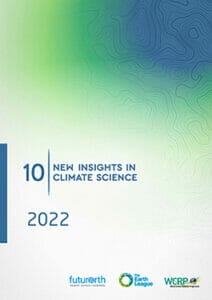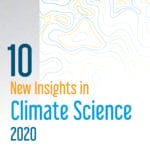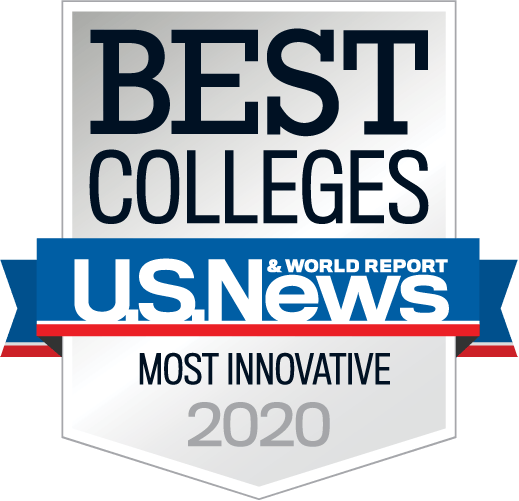
Researchers stress that only through ambitious mitigation efforts and systemic transformation, can we avoid facing widespread limits to adaptation, and increased losses and damages
Read the report here.
On November 10, 2022 at COP27 in Sharm El-Sheikh, Egypt, leading global experts from the natural and social sciences presented ten essential insights on climate change since 2021. Convened by the international networks The Earth League, Future Earth, and the World Climate Research Programme (WCRP) scientists from around the world released the annual 10 New Insights in Climate Science report with UNFCCC Executive Secretary Mr. Simon Stiell. The 10 New Insights in Climate Science presents key insights from the latest climate change-related research this year and responds to clear calls for policy guidance during this climate-critical decade. The authors emphasize and unpack the complex interactions between climate change and other drivers of risk, such as conflicts, pandemics, food crises and underlying development challenges in the report. Read full press release here.




